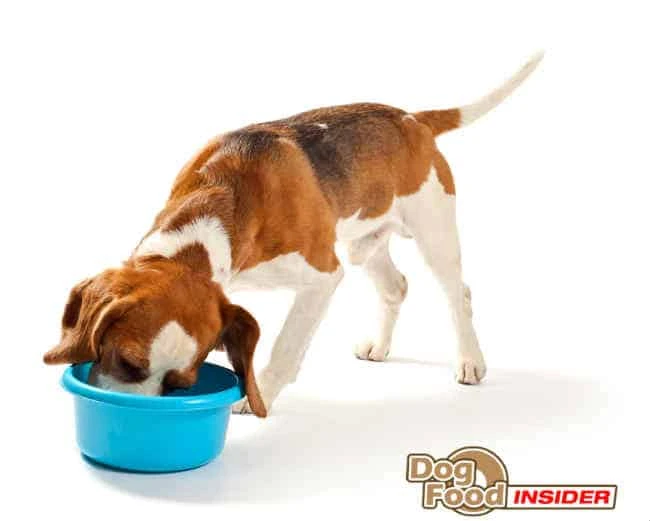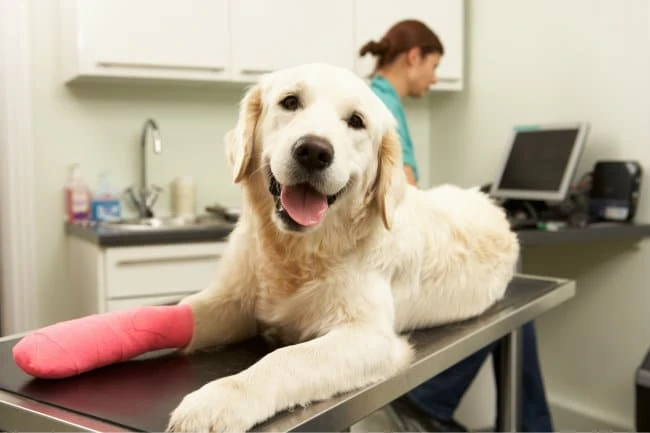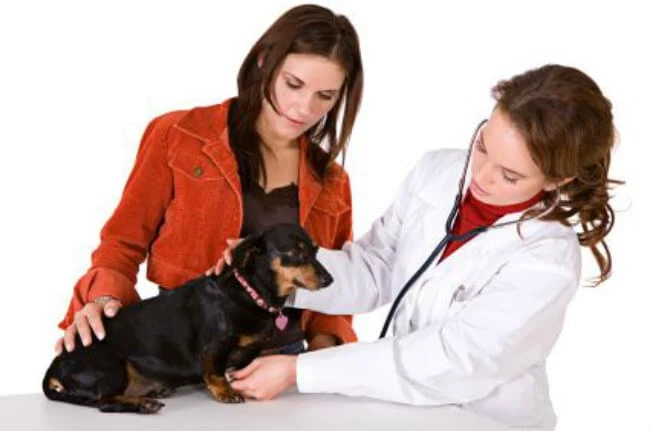Pet Health, Training, and Nutrition

Diagnosing Liver Disease in Dogs
The liver is one of the largest organs in the body and is responsible for processing biochemicals produced by the body or ingested. It fights disease, provides nutrients and energy to the rest of the body, and helps with growth and reproduction. As it is involved in so many body processes, it is not surprising […]

How To Train Your Dog To Be Off Leash
One thing most new dog owners want to start working on right away with their dog is training their dog to be off leash. That's exactly what we're going to cover in this article. Knowing how to train your dog to be off leash is so critical to both your enjoyment and the enjoyment your […]

Common Reasons Why a Dog Won't Eat
Some dogs live to eat, other dogs less so. We use food rewards to train service dogs, and the act of giving a treat is a source of much pleasure to both dog and owner. So if your dog goes off his food and refuses to eat, it can be deeply worrying – especially if […]

Prostate Disease in Dogs: The Dog Owner's Guide
If your dog is male, be that entire or neutered, he has a prostate gland and you should read this guide. The trouble is that this seemingly insignificant gland can cause a lot of problems; indeed an eight-year old entire male dog has an 80% chance of developing prostate disease. If that […]

The Top 10 Dog Injuries and How to Prevent Them
“Always expect the unexpected.” Whoever wrote this, obviously worked at a veterinary clinic. Any veterinarian will tell you if the day diary looks quiet, it's just the calm before the storm because a pet in serious distress doesn't book an appointment in advance. No one intends for an accident to happen – […]

A Dog Owner's Guide to Canine Dry Eye
It's not often a topic makes a particular patient instantly spring to mind, but say “dry eye” (keratoconjunctivitis sicca) and I immediately think of Ben, a gorgeous bear of a German shepherd. Ben was a gentle giant, an imposing dog that some children avoided, and yet all he wanted was love. But […]

Ten Dangers to Your Dog During the Summer
Summer opens up a lot of things for dog owners to do. However, responsible dog owners should be aware of the dangers that the season can bring to their pets. 1. Sunburn Dogs can get sunburned, just like people. Light-colored dogs and dogs with thin fur are at high risk of sunburn. […]

The Dog Owner's Guide to Canine Conjunctivitis
At face value conjunctivitis may appear a simple condition: After all, what's so complicated about an eye infection? But to assume conjunctivitis is just a matter of infection is to do this important problem a disservice. Indeed, there are many reasons for a dog to have a sore, red eye, and it's […]

A Dog Owner's Guide to Ear Infections In Dogs
Most dogs will suffer from an ear infection at least once in their life, while some are plagued by regular flare ups. You could liken ear infections to the “perfect storm”, where several factors align to create the problem; for some dogs those factors are long term (for example an allergy or a weak immune […]

Heartworm in Dogs – The Dog Owners Guide
When it comes to unpleasant parasitic infections, heartworm is in a league of its own. Indeed the worm, Dirofilaria immitis, responsible for this infection competes for the dubious honor of being the “most pathogenic (deadly) parasitic worm affecting dogs.” Perhaps you have a new puppy and are wondering about heartworm preventatives. Or […]

Influenza In Dogs – The Dog Owners Guide
If you are a dog owner and watch the news, the chances are you're pretty worried right now. Stories of dogs dying from canine influenza are alarming, to say the least, and may leave you with more questions than answers. If you're left wondering if it's safe to board your dog or send them to […]

Cushing's Disease In Dogs: The Dog Owners Guide
Your older dog has gained weight round his midriff and his once glossy coat is now patchy in places. You're not concerned, but then at his regular vaccination check up, the veterinarian asks questions about your dog's drinking pattern. And yes, now you think about it, you refill the water bowl twice […]

Mast Cell Tumors In Dogs – The Complete Dog Owners Guide
If you are reading this, chances are your dog has a diagnosis of mast cell cancer. As a dog owner, this condition is particularly vexing because not only are you left devastated by the diagnosis, but what you read leaves you bewildered and frightened. While I cannot change the diagnosis, as a […]

How to Keep Your Dog Safe and Cool in the Summer Heat
As summer truly gets underway, temperatures begin to skyrocket all over the country. Unfortunately, extreme heat can often cause severe discomfort for dogs even more than it does for humans. In order to keep your canine friend safe this summer, you need to try to keep him cool. Here are several tips for helping your […]

The Lungworm Danger to Dogs in the U.K.
Over the past few years dogs in the U.K. have faced a growing threat to their health from lungworm, a previously rare parasite associated mainly with slugs and snails. As the weather warms, the danger to your dog increases, especially if you travel around the country and to the Continent or if […]

Will Boarding My Dog at a Kennel Stress Him Out?
Boarding kennels are a bit like daycare, and your dog is kind of like a kid – in fact, if you're like most dog owners, you probably consider Fido to be one of your babies. Sometimes, boarding your dog is absolutely necessary, just like sometimes putting a child in daycare is the […]

How To Find Healthy Dog Treats For Training
Dog owners give their pets treats to express their love, but healthy dog treats, also play a critical part in dog training and rewarding good behavior. Treats are a valuable way to reinforce your satisfaction when your dog obeys. Like humans, dogs repeat the behaviors that bring the greatest rewards. Although they […]

How to Stop Dog Barking
How to stop dog barking with free dog & puppy training tips, commands, techniques, methods & devices. All your dog behavior questions answered, abused dog behavior, growling, separation anxiety

How to Help Arthritis in Dogs
Arthritis is a relatively common condition in dogs, as the joints gradually wear out over the course of a lifetime. It can be painful and debilitating, but the good news is that there are ways to ensure your pet maintains good quality of life in spite of the disease, especially if it's diagnosed at an […]

The Dog Owners Guide to Whipworms in Dogs
Whipworms in dogs is fairly uncommon – these parasites can grow to a length of 5 cm (2 inches) and live in the dog's large intestine. The shape of these worms taper towards the head with the rear end slightly wider. Causes Of Whipworm In Dogs A dog or puppy will become […]
